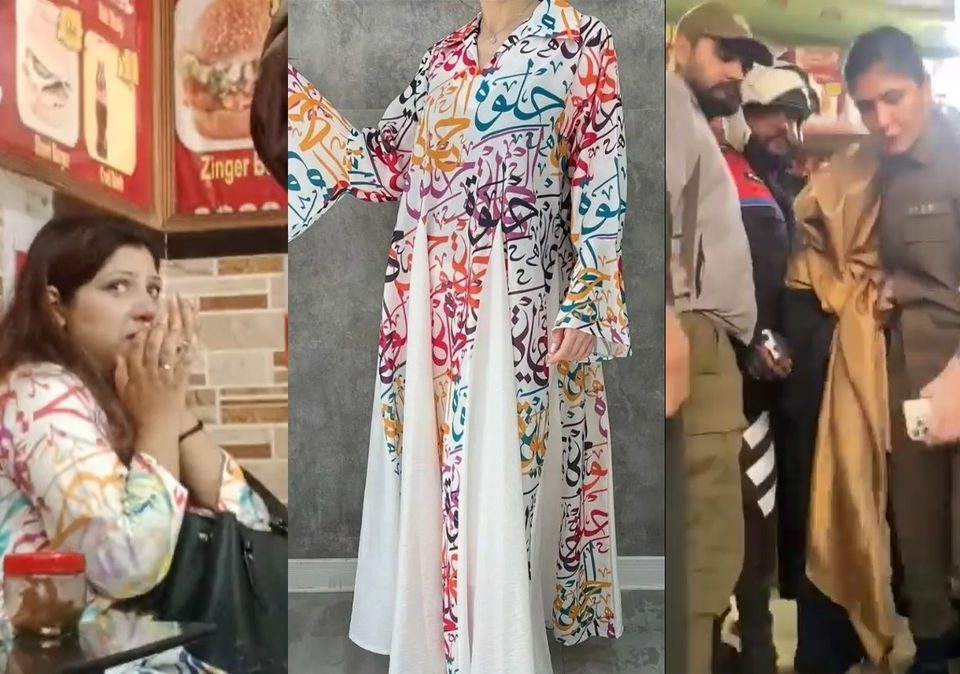Unheard Pakistan: Hyderabad Workshop Sufism, Peace & Democracy 20-24 Oct 2014 (Group-B)
PAKISTAN WOMEN’S DAY: IT’S ABOUT TIME WE START RESPECTING SHIREEN MAZARI AND ASMA JAHANGIR
WOMEN ACTIVISTS DEMAND END TO GENDER DISCRIMINATION
HYDERABAD: Women rights activists have emphasised the need for ending gender discrimination to ensure development and progress of the country.
The National Commission on the Status of Women (NCSW) aimed at achieving gender equality, they added.
They were addressing a seminar organised by Sindh University to celebrate national women’s day in collaboration with the NCSW on Thursday in the Sheikh Ayaz auditorium of the university’s Arts Faculty building. It was presided over by Dr Misbah Bibi on behalf of Vice Chancellor Dr Parveen Shah.
NCSW chairperson Khawar Mumtaz said the day was observed in 2010 first and the NCSW aimed at achieving gender equality in accordance with the constitution and international commitments. She said policies, programmes, laws, rules and regulations that pertained to status and rights of women were examined and reviewed by the NCSW. Even though women had achieved several milestones, but there was a lack of progress on the Domestic Violence Bill, she regretted, adding that not much was done to stop child marriages either.
Ajoka Theatre Lahore’s director Madiha Gohar said extremism was a mindset, involving verbal threats, mental stress and fear. Various forms of extremism were on the rise in Khyber Pakhtunkhwa, Fata, Punjab, Sindh and Balochistan, she said.
She said that customs like Swara, child marriages and strict dress codes were increasing. She said denial of inheritance and adoption of profession of choice were problems women faced. She criticised religious forces and held Gen Ziaul Haq’s so-called Islamisation policy responsible for women’s plight.
She said she had visited Tando Allahyar and appalled to see that flags of banned organisations were seen at places.
“Sindh is soil of Shah Abdul Latif Bhittai. It is land of Sufism, so for God’s sake, don’t let these outfits work here freely,” she said.
Tahira Abdullah, a speaker from Karachi, said Balochistan faced sectarian violence, Talibanisation and Baloch nationalism today. She called for eliminating extremism at all costs. She said a little legislation other than a toothless honour killing bill was done to empower women in the past 10 years. She said incomplete amendments to Hudood Ordinance were there too.
Ms Anis Haroon said that a nation could not be empowered without making sure that women were given right and access to justice as they were backbone of a nation and future of a country.
She said that some laws and articles were the biggest hurdles in ensuring equal rights to citizens. She said some sections of society were promoting extremism and terrorism in the name of religion which must be stopped.
Attiya Daud, a Sindhi poetess, observed that Sindhiyani Tahreek had a stance on blasphemy laws. Exploitation of law for personal interests could not be allowed. Discrimination against women started at homes and family condoned acts of violence against women. She said a real change in society was possible if individual families changed their attitude towards women’s rights.
Amar Sindhu, a writer, said rights of women, minorities and other marginalised groups could be protected only in a secular and a democratic society. She said it was only a woman which was fragile but powerful, sensitive but tolerable and gentle but resolute.
Dr Arfana Mallah, a columnist, said Sindhi women led movements whether it was about one unit or against Zia’s martial law and remained on the front to bring dictatorship to an end. She said that before the partition, deputy speaker of Sindh Assembly was a lady and when the resolution for Pakistan was passed in the assembly, the then chief minister was a Sindhi Hindu woman.
NCSW member Kishwer Naheed recited her poem ‘Hum Gunahgar Aurtain” (we sinful women) amid thunderous applause. Malka and Amna sang women’s anthems.
(Courtesy by Dawn)





